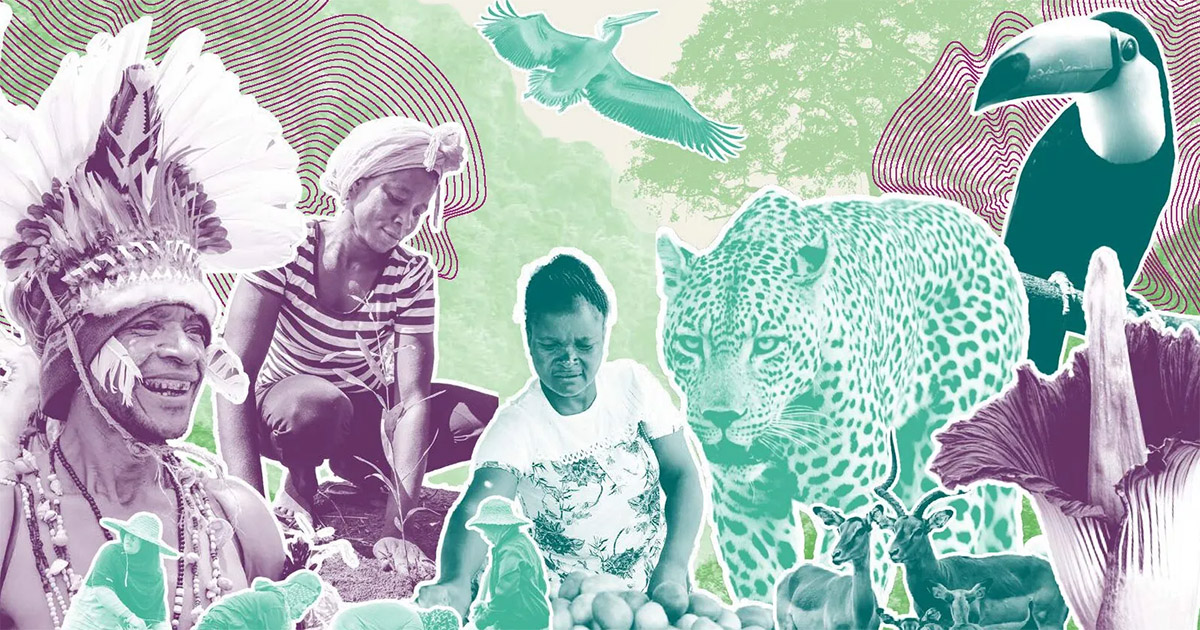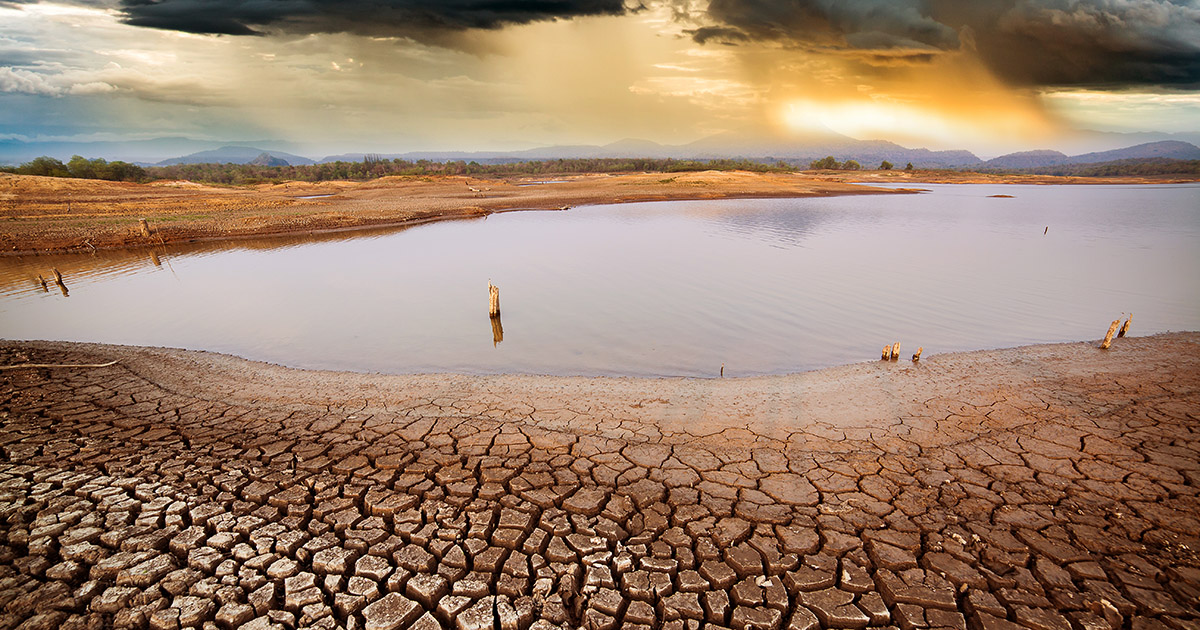This report presents the results of research on forest management decentralization and local governance conduted in Southern Cameroon in 2003 and 2004. The forest sector provides insights into the decentralization process writ large, since, as a source of national wealth, "green gold". The study also investigated the effects on local governance of oil compensation, or "black gold" in forested rural areas affected by the Chad-Cameroon pipeline. The study reveals some positive governance outcomes in the management of community forests and parafiscal community compensation. These are less visible in the cases of annual forestry fees and oil compensation. The community forests and parafiscal community compensation are more rooted in local decision-making power to local organizational structures, while annual forestry fees and oil compensation mechanisms are structured more by outside institutions that transfer little or no local decision-decision power to local authorities. Nevertheless, the case studies show that none of the current practices produce more democratic local governance. In most cases, local actors--the local communities in this case--have not received significant decision-making powers, and they remain subjected to decisions of external administrative bodies, municipal authorities, and timber companies. When communities do have powers and responibilities, they are poorly exercised.
Année de publication
2006
Auteurs
Oyono, P.R.; Ribot, J.C.; Larson, A.M.
Langue
English
Mots clés
decentralization, democracy, forest resources, rural communities, community forestry, governance, local government, institutions, legislation, decision making, fees, compensation, finance
Géographique
Cameroon

















